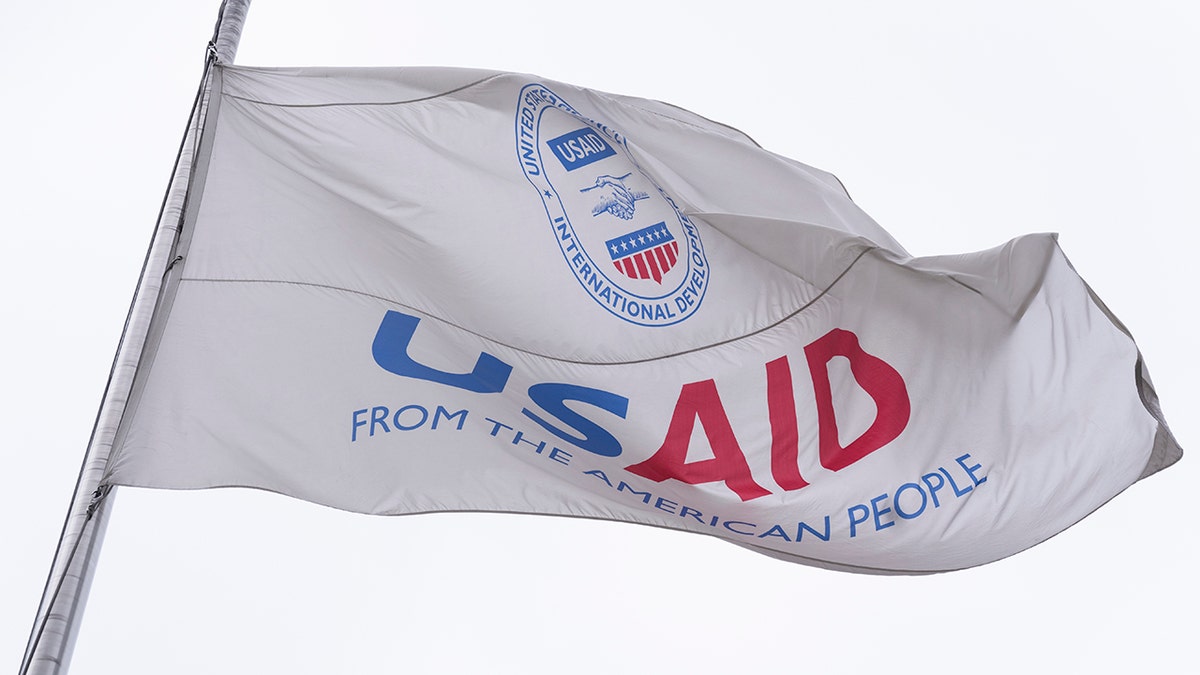The narrative surrounding President Trump's dismantling of the U.S. Agency for International Development (USAID) paints a picture of disaster. However, a closer look reveals a pre-existing decline within the agency, marked by ideological shifts and a loss of both public and congressional trust.
Initially established to counter Soviet influence and respond to global crises, USAID's mission evolved over time. During the Clinton era, the agency began incorporating social agendas like population control. The Obama administration further integrated LGBT and climate ideologies into its programs. By the Biden presidency, these initiatives expanded to include transgenderism, often mandated even in critical food aid programs.
This ideological shift coincided with a leftward skew in the agency's political culture, leading to the marginalization of conservative and independent voices. USAID's actions increasingly diverged from American values, transforming it into a platform for radical ideologies championed by a network of global elites and former Democratic officials.
Internal dissent further highlighted the agency's internal struggles. In 2020, over 1,000 USAID employees demanded the agency embrace the Black Lives Matter movement and accused it of systemic racism. Another instance saw a similar number of officials openly challenging Biden's Israel policy by calling for a ceasefire between Israel and Hamas, a move perceived as favoring the terrorist group.
As the U.S. began to question DEI orthodoxy, the aid industry doubled down. Organizations like the Society of International Development and InterAction continued to emphasize DEI initiatives, even attributing racism in international development to white supremacy. Congress responded by withholding funds from InterAction.
USAID's relationship with Congress deteriorated due to the agency's resistance to oversight. Senator Jodi Ernst's attempts to investigate overhead charges were met with obstruction and threats. Her investigation revealed that nearly half of the aid funds were allocated to overhead. A subsequent government audit uncovered that USAID couldn't account for over $142.5 billion in award overhead charges. These financial irregularities further eroded public trust.
Even Senator Jim Risch, a long-time supporter of PEPFAR, the global HIV/AIDS program, found himself at odds with the aid lobby after discovering the program had been illegally funding abortions.
The agency's internal issues and ideological drift ultimately led to its closure under the Trump administration. The protests that followed, featuring figures like Rep. Ilhan Omar and Rep. Jamie Raskin, underscored the political divide within the aid community.
With conservatives in control of the White House and both houses of Congress, the aid establishment's miscalculation became evident. The argument that USAID served as a vital national security tool no longer resonated.
The responsibility now falls on Secretary Rubio to rebuild a more effective and accountable foreign aid system. This involves prioritizing programs aligned with American values and interests, particularly in the context of countering China's influence. It also necessitates replacing inefficient UN agencies and partisan NGOs with more effective local organizations, such as faith-based groups and businesses. Finally, the focus should shift from endless spending towards promoting trade and investment as a means of poverty alleviation and reducing reliance on aid.
This restructuring is a challenging but necessary undertaking to ensure that foreign aid serves its intended purpose effectively and responsibly.



Comments(0)
Top Comments